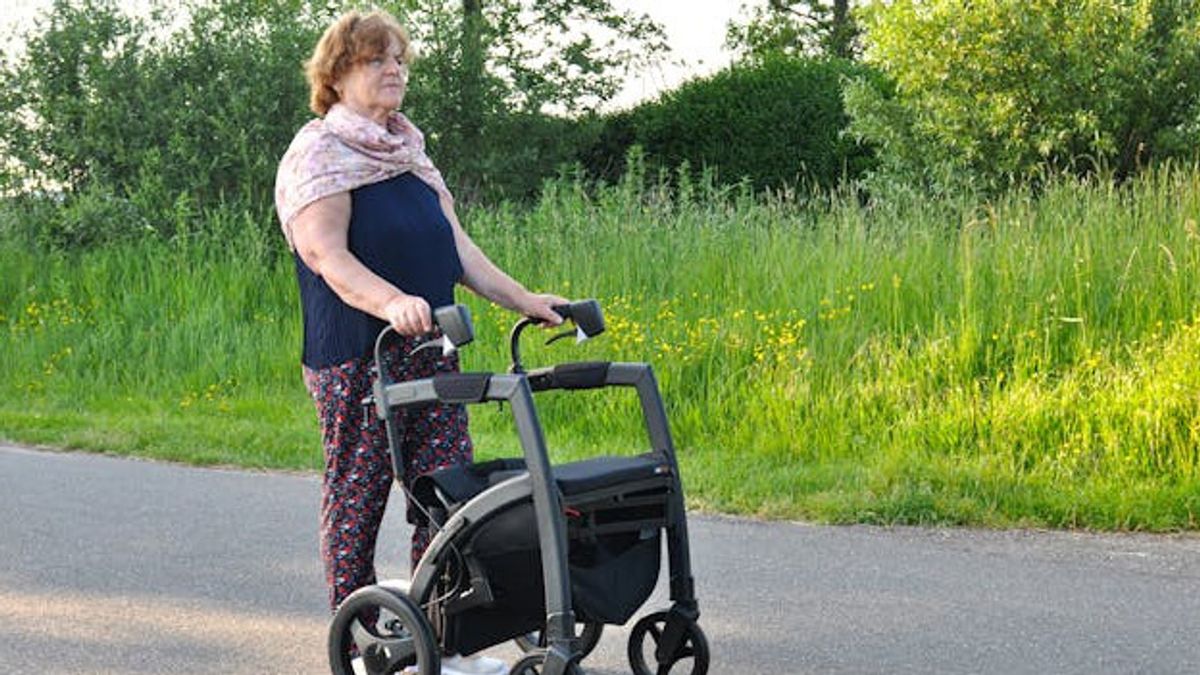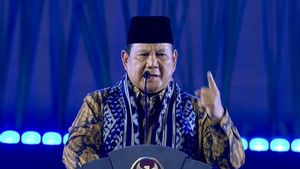JAKARTA - Sport plays an important role in maintaining a healthy lifestyle as a whole. Experts believe that this can fix specific symptoms of some diseases, such as parkinson.
Early symptoms of parkinson disease include shaking hands, stumbling style, and overall slowing physical movement. To fight these conditions, the Harvard Health Letter recommends regular exercise. But, what kind of exercise needs to be done?
Regular exercise helps maintain motor function in patients [parkinson] and can slow the development of disease, "said Dr. Andrew Feigin, executive director of the Institute ofturbation and Paolo Fresco for Parkinson's Disorder and Movement at NYU Langone Health in New York.
"We regularly recommend regular exercise to all of our Parkinson's patients. Of course, patients have different sports capacities depending on many factors, including the severity of the parkinson, but we recommend sports," Feigin said as quoted by Medical News Today, Thursday, June 6.
"In the past, sports recommendations were not as specific as they are today. With a new understanding of the benefits of exercise, we provide more specific guidelines: this research and other previous studies emphasize that sport must have high intensity, with previous studies recommending intensity to reach 80 to 85 percent of the maximum heart rate for 30 minutes 3 or 4 times a week."
"Of course we advise patients to consult a doctor or cardiologist before starting a high-intensity program," added Dr. Petrossian.
Dr Petrossian said he usually recommends low or impactless sports while maintaining high intensity. Examples of this type of exercise include:
"Also, according to previous research, we recommend progressive resilience training with increased load or repeated strength training twice a week," continued Dr. Petrossian.
We also advise patients to stretch, exercise balance, strengthen the body's core, and skills-based exercises such as yoga, dancing, boxing, ping pong, and Pilates.
SEE ALSO:
"Sports can help reduce parkinson symptoms in the short term, increase energy, increase the length and balance of steps, prevent fall, improve sleep quality and mood, and improve cognition," he continued.
These symptoms are added to the benefits of long-term prevention. In addition to new research that shows a reduced spread of alpha-synuclein, the release of BDNF is neuroprotective. Sports can also increase blood flow of the brain through angyogenesis.
The English, Chinese, Japanese, Arabic, and French versions are automatically generated by the AI. So there may still be inaccuracies in translating, please always see Indonesian as our main language. (system supported by DigitalSiber.id)


















